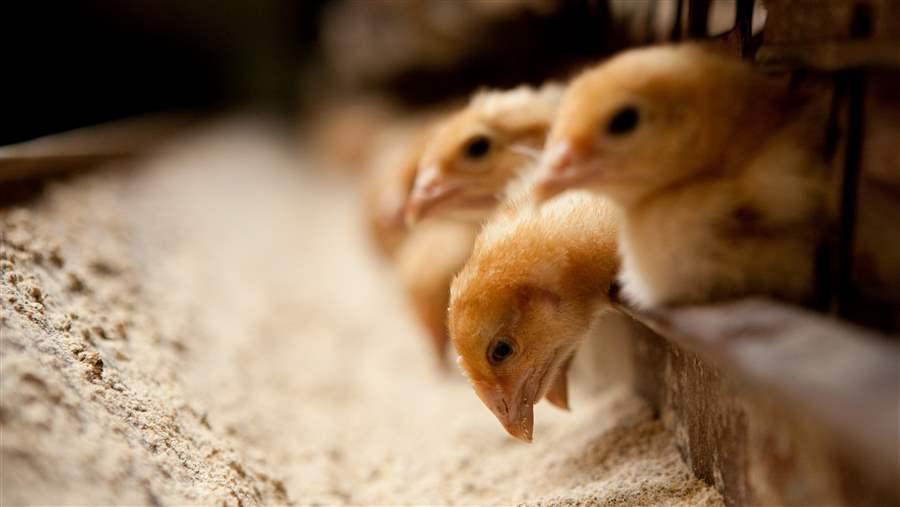McDonald’s Meets Responsible Antibiotic Use Commitment Ahead of Schedule
Effort is important to the fight against antibiotic resistance
 © Getty Images
© Getty ImagesMcDonald’s is one of a growing number of major food companies committed to reducing antibiotic use in food animals, including chickens.
On Aug. 1, 2016, McDonald’s USA announced that it has already met its goal to serve only chicken raised without the use of medically important antibiotics—months ahead of schedule. This is good news for public health, and it is the latest example of how consumer demand is driving market change.
McDonald’s is one of a growing number of major food companies committed to reducing antibiotic use, and the collective impact of these businesses’ efforts will help to slow the emergence of drug-resistant bacteria and preserve the effectiveness of these lifesaving drugs.
Pew commends McDonald’s for its success in implementing this new policy. By using a USDA-verified process to ensure consistency, transparency, and accountability, McDonald’s serves as a good example for other companies looking to make meaningful changes that consumers can trust.
Karin Hoelzer works on The Pew Charitable Trusts’ safe food and antibiotic resistance projects, and is a veterinarian by training.






